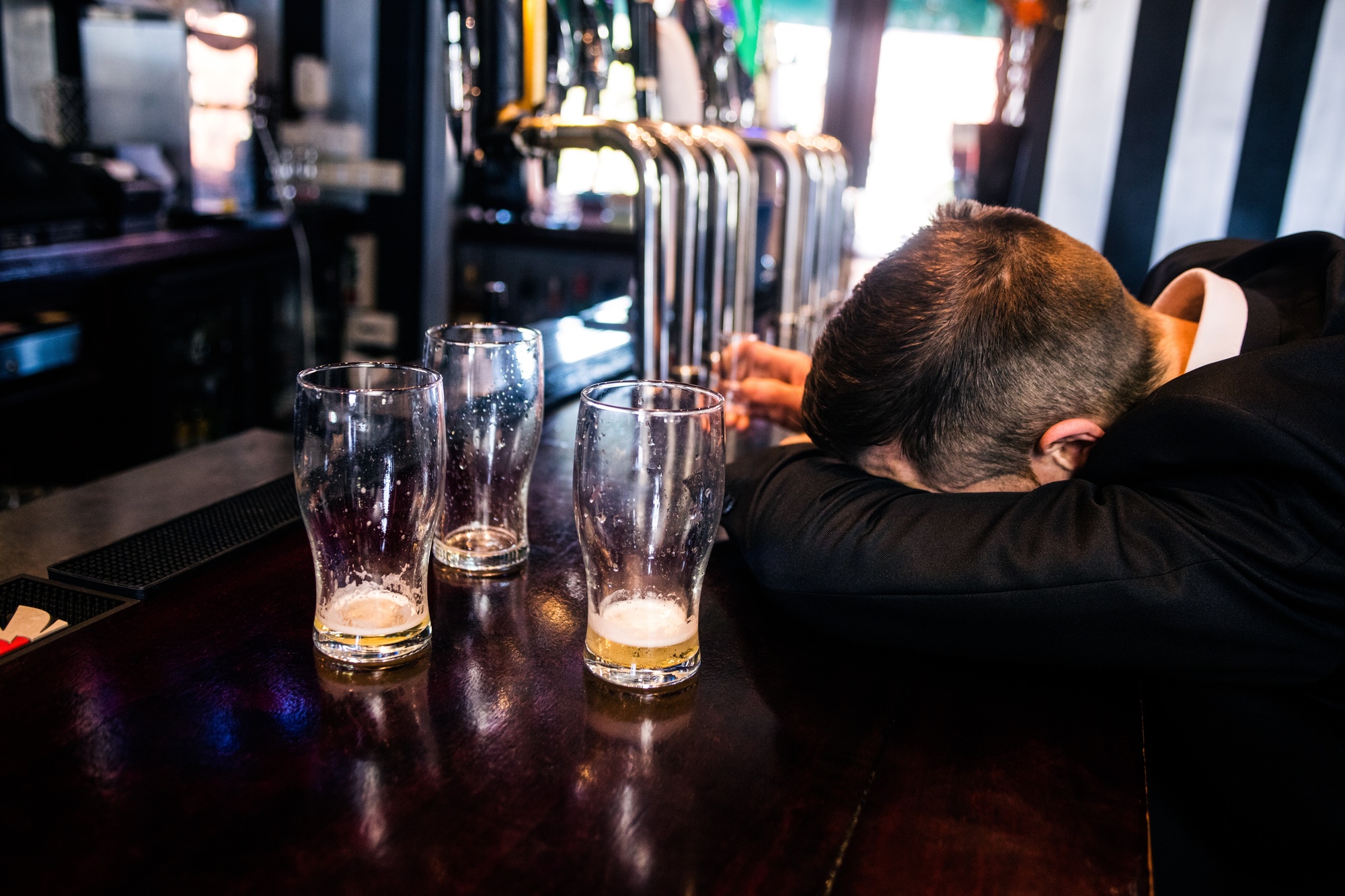Did you know that over 6% of people aged 18 and up have engaged in heavy drinking? Heavy drinking is classified as binge drinking on five or more occasions in one month. If you recently engaged in such activities, does that mean you have a drinking problem?
With this guide, you can learn the differences between a problem drinker and an alcoholic. From the symptoms to the warning signs, you can detect if you have a drinking problem. Now let’s take a look at problem drinking vs. alcoholism.
Symptoms of a Drinking Problem
Problem drinking negatively affects a drinker and causes them to make bad decisions. For instance:
- You may have blackouts
- You may drive drunk
- You may get arrested due to reckless behavior
- You may become angry or violent
- You may take unnecessary risks with your life
Signs and Symptoms of an Alcoholism
Alcoholism is a severe form of problem drinking. It causes physical dependence and involves symptoms such as self-destructive behavior, aggression, and lack of resistance. If you rely on alcoholic substances to function or if you feel compelled to drink, you are an alcoholic.
Tolerance
The first major sign of any alcoholic is the state of tolerance. Tolerance means that a drinker has to drink more alcohol than an average person to feel drunk.
Withdrawal
A person may drink to cover past trauma or escape the events of the day; however, if a person is drinking to avoid withdrawal symptoms, that’s a huge red flag. When a person drinks heavily, their body becomes accustomed to the substance and when it’s taken away the body expences withdrawal symptoms. Symptoms include:
- Sweating
- Trembling or shaking
- Insomnia
- Vomiting
- Loss of appetite
- Depression
Some severe symptoms include hallucinations, seizures, fever, and confusion. Withdrawing from alcohol can be dangerous; that’s why it’s best if users visit an alcohol addiction treatment center while they detox.
How is an Alcoholic Different From a Problem Drinker?
An alcoholic is addicted to alcohol, making the person both mentally and physically dependent on it. They find it difficult not to drink each day and oftentimes struggle with how to cope.
An alcoholic can become sober; however, they will always be an alcoholic. In fact, most alcoholics will relapse after one drink no matter how long they’ve maintained their sobriety.
However, a problem drinker is not physically dependent on alcohol. Oftentimes they can go days, weeks, or even months without drinking. If they do quit drinking, they will not experience withdrawal symptoms.
The issue arises when problem drinkers have a lot to drink. It tends to cause an issue in their lives or in the lives of someone they love. They may do or say things that are hurtful to others or themselves.
For these individuals, drinking is not the problem, but it does cause problems in their lives.
Final Thoughts
Unlike an alcoholic, a problem drinker is not addicted to alcohol. Problem drinkers don’t experience the same tolerance or withdrawal symptoms as alcoholics. Instead, the issue for problem drinkers is how alcohol affects them.
For more information on drinking, visit our blog.

Leave a Reply